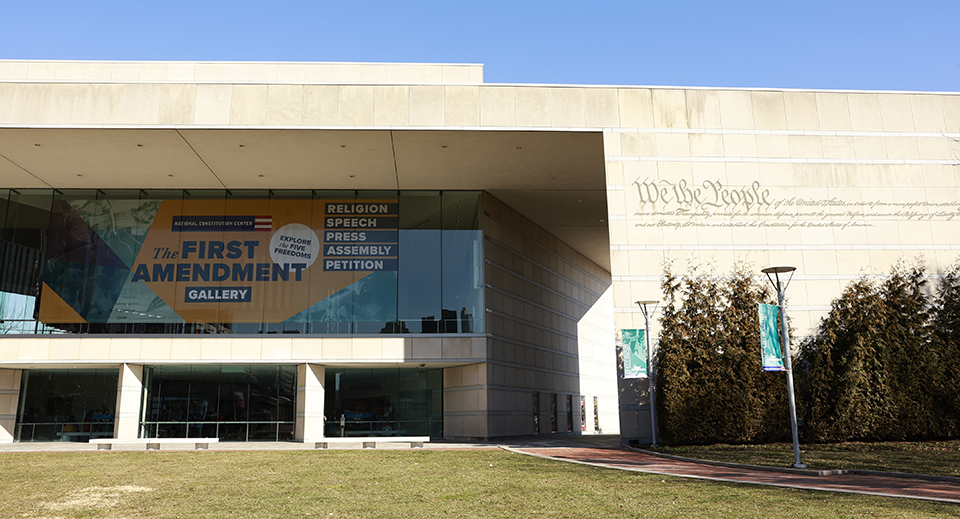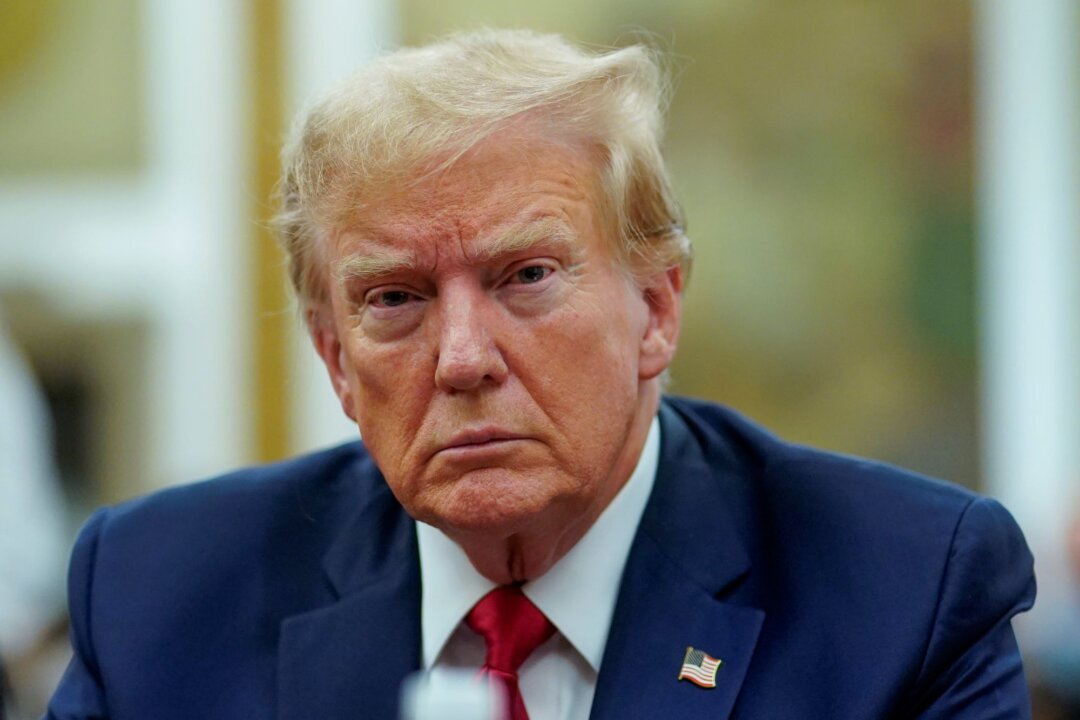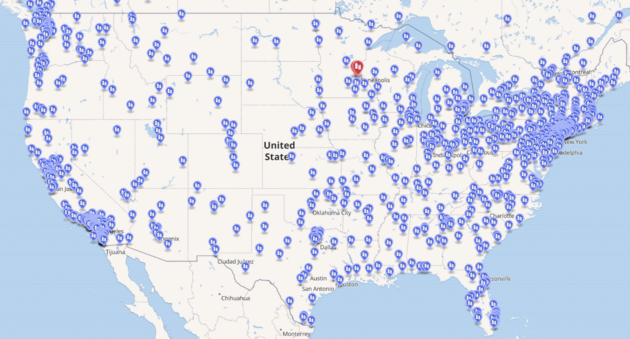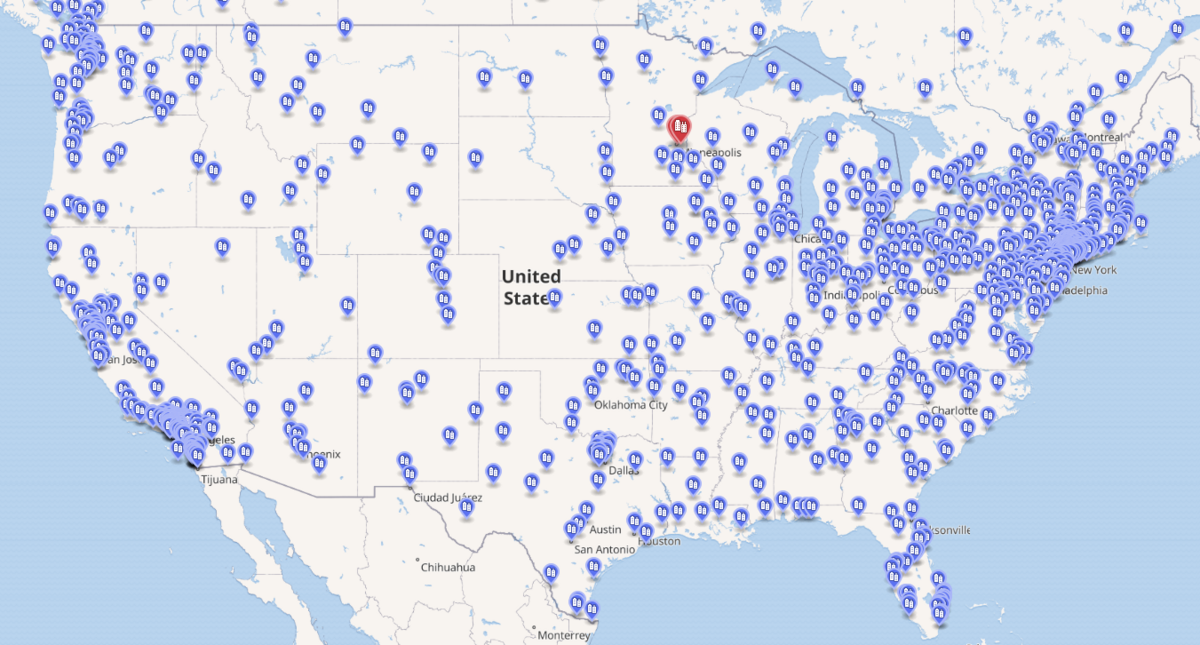Stryder50
Platinum Member
- Thread starter
- #401
EXCERPT:Stryder50 is a little confused. He imagines that the President has to have permission to order the use of nuclear weapons. I pointed out the fact that the President has the authority and doesn’t need permission. In fact. Refusing that order is a Courts Martial Offense. I mentioned the two man rule. Someone must confirm the President is giving the order and reading the correct code off of the biscuit.

Nuclear football - Wikipedia
en.m.wikipedia.org
Our good friend Strider thinks this is fake. My friend. The President is the Commander in Chief. There isn’t anyone higher that can countermand those or any orders.
...
- JUDY WOODRUFF:
So, what are the procedures for controlling the United States' nuclear weapons? Who else is in the chain of command besides the president?
For that, we turn to Peter Feaver. He's the author of "Guarding the Guardians: Civilian Control of Nuclear Weapons in the United States." He served on the National Security Council staff during the George W. Bush administration. He's now a professor at Duke University.
Peter Feaver, welcome back to the program.
Let me start by asking you, from a technical standpoint, what has to happen before the United States launches a nuclear attack on another country? - PETER FEAVER, Duke University:
Well, the president has to give a lawful order, and that order has to be authentic and be seen as authentic, because it's validated by a code that he has carried with him or near his person at all times. And that order has to pass through the chain of command, down to the subordinate elements where the nuclear weapons and the nuclear-tipped missile, the nuclear capable bombers, the submarines are. And that command would receive that authentic order and then launch accordingly. - JUDY WOODRUFF:
How many people are involved, and at what level are they? - PETER FEAVER:
Well, it depends on the scenario, but it's true that the president doesn't have to have his order OK'd by another person, that there's not a two-man rule at the very top. The president alone makes the decision.
But the president alone cannot carry out the decision. That has to — that decision has to be carried out be many, many people further down in the chain of command.
So, for the question raised by General James Clapper's concern, context matters. There's ample opportunity for the rest of the system to put pressure, change the president's mind under scenario of say preventive war, where the president and his team is trying to decide, do we launch an attack against a country before they cross some proliferation threshold. That was a decision that would take weeks or months, and they have plenty of opportunity for the president's advisers to shape that decision. - JUDY WOODRUFF:
You're saying there are checks and balances in the decision-making process leading up to the point where the president makes the decision, but after that, less so? - PETER FEAVER:
After that, the system is designed to move very, very quickly, and the decision is designed to respond in the extreme case where the president is woken up in the middle of the night, he has 30 minutes to make a decision because he's told by his advisers, if we don't act now, such and such a country will be about the launch a missile against the United States that will cause untold destruction, say, to the city of Los Angeles. Mr. President, you must decide now.
The president would have limited time to make that decision. Once he made the decision, then the system is trained to implement that very quickly.
But what critics worry about, and when you hear them talking about particularly what I call the bar man scenario, when you're talking to folks over a drink at a bar, to say, what if the president wakes up in the middle of the night, gets angry, gets in a tweet storm, and then tries to launch a nuclear weapon — the system is not designed to respond quickly in that case. He would issue the order, but as he is issuing the order, he would also be alerting the chain of command that he's just come up with this crazy decision. And that chain of command, while not legally required and while not technically required to agree with the president, in practice, the chain of command would have ample opportunity to walk that decision back.
If the president is banging on the table in anger with no provocation, I don't think the system would respond the way the critics worry about. If the president reaches the decision after conferring with his advisers and then makes the decision, then the system will carry out the order.
A more concerning question is what stops crazy Joe Biden from launching nukes ???





